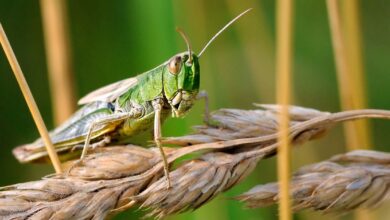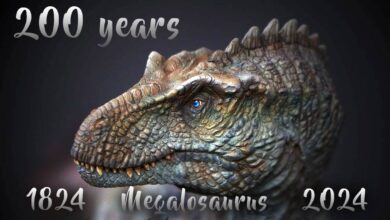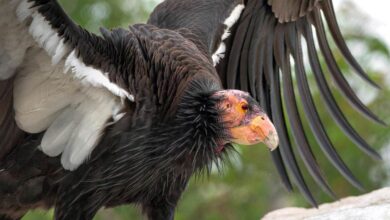Adult dog care: from nutrition to exercise
As a dog owner, it’s essential to provide your furry companion with the best possible care to ensure their health and happiness. Adult dogs have unique care requirements, from nutrition to exercise, that must be met for them to lead healthy and fulfilling life. In this ultimate guide to adult dog care, we’ll cover everything you need to know to provide top-notch care for your furry friend.
Nutrition
One of the most important aspects of adult dog care is proper nutrition. Feeding your dog a well-balanced diet is essential for their overall health and well-being. A healthy diet should consist of high-quality protein, healthy fats, and carbohydrates, as well as essential vitamins and minerals. Your dog’s specific nutritional requirements will depend on its breed, age, size, and activity level.
It’s crucial to choose a high-quality dog food brand that meets your dog’s nutritional needs. Avoid dog food with artificial additives, fillers, and preservatives. Instead, look for dog food that has natural ingredients, high-quality protein sources, and essential nutrients. Also, make sure to read the label and follow the recommended feeding guidelines to avoid overfeeding your dog.
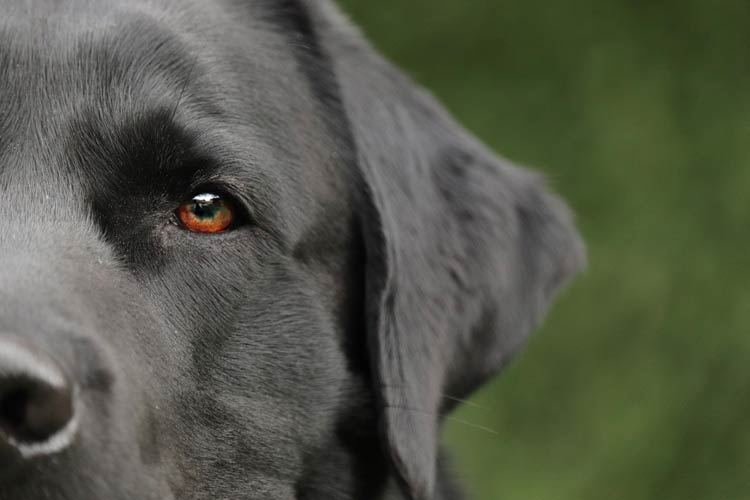
Exercise
Regular exercise is another essential aspect of adult dog care. Exercise helps to keep your dog physically and mentally stimulated, and it’s an excellent way to bond with your furry friend. Depending on your dog’s breed and activity level, they will require different amounts of exercise. Generally, most adult dogs need at least 30 minutes to 1 hour of exercise per day.
Exercise can include walks, hikes, playing fetch, or any other physical activity that your dog enjoys. It’s essential to provide your dog with regular exercise, but it’s also crucial to be mindful of their physical limitations. If your dog has any health conditions or is recovering from an injury, consult with your veterinarian before starting a new exercise routine.
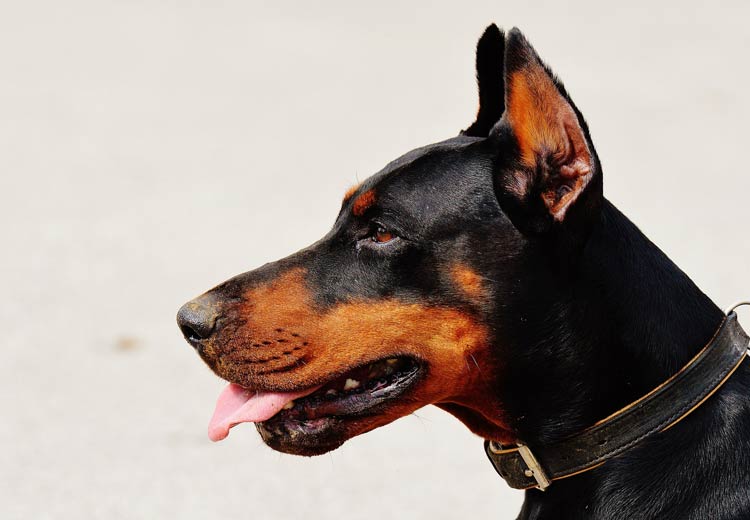
Healthcare
Regular veterinary care is vital for adult dog care. Your dog should have an annual check-up with a veterinarian to ensure that they are healthy and up-to-date on vaccinations. Additionally, it’s essential to keep up with regular preventive care, such as flea and tick prevention, heartworm prevention, and dental care. To protect your furry friend and your finances, you should get insurance for your dog.
Dog insurance can be a great way to protect your pet’s health and your finances. It can help cover the cost of unexpected veterinary bills, which can be expensive, especially if your dog needs emergency care or surgery. Additionally, having insurance can give you peace of mind knowing that you can provide your pet with the best possible care without worrying about the cost.
If you notice any changes in your dog’s behavior or health, such as lethargy, decreased appetite, or vomiting, it’s crucial to seek veterinary care immediately. Catching health issues early can help prevent them from becoming more serious and costly to treat.
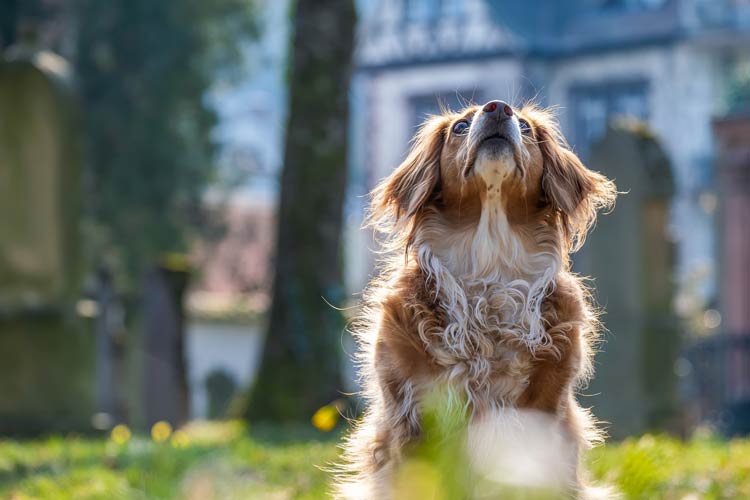
Grooming
Grooming is an essential aspect of pet care, and it is important for the health and well-being of your furry friend. Grooming includes a variety of tasks, such as brushing, bathing, nail trimming, and ear cleaning. Regular grooming not only helps your pet look and smell good but also helps to keep them healthy and comfortable. Here are some tips for grooming your pet:
Brushing
Regular brushing is important to remove loose hair, dirt, and debris from your pet’s coat. It also helps to prevent mats and tangles, which can be uncomfortable for your pet. The frequency of brushing depends on your pet’s coat type and length, but generally, pets with long hair need to be brushed more frequently than those with short hair.
Bathing
Bathing your pet helps to keep their coat clean and healthy. The frequency of bathing depends on your pet’s lifestyle and coat type, but generally, pets should be bathed every three to six months. Overbathing can strip the natural oils from your pet’s skin, which can lead to dryness and irritation. It is also important to use pet-specific shampoo and conditioner, as human products can be too harsh for your pet’s skin.
Nail Trimming
Regular nail trimming is important to prevent overgrowth, which can be uncomfortable for your pet and can lead to health issues. It is recommended to trim your pet’s nails every four to six weeks, depending on their activity level. Be sure to use pet-specific nail clippers and avoid cutting the quick, which is the blood vessel inside the nail. If you are unsure about how to trim your pet’s nails, ask your veterinarian or a professional groomer for assistance.
Ear Cleaning
Regular ear cleaning helps to prevent ear infections, which can be painful for your pet. It is recommended to clean your pet’s ears once a month, but this can vary depending on your pet’s breed and lifestyle. Use a pet-specific ear cleaner and cotton balls or a soft cloth to clean the outer ear. Be sure not to insert anything into the ear canal, as this can be dangerous.

Conclusion
As a responsible dog owner, it’s your responsibility to provide your furry friend with the best possible care. By following this ultimate guide to adult dog care, you can ensure that your dog leads a healthy and happy life.










